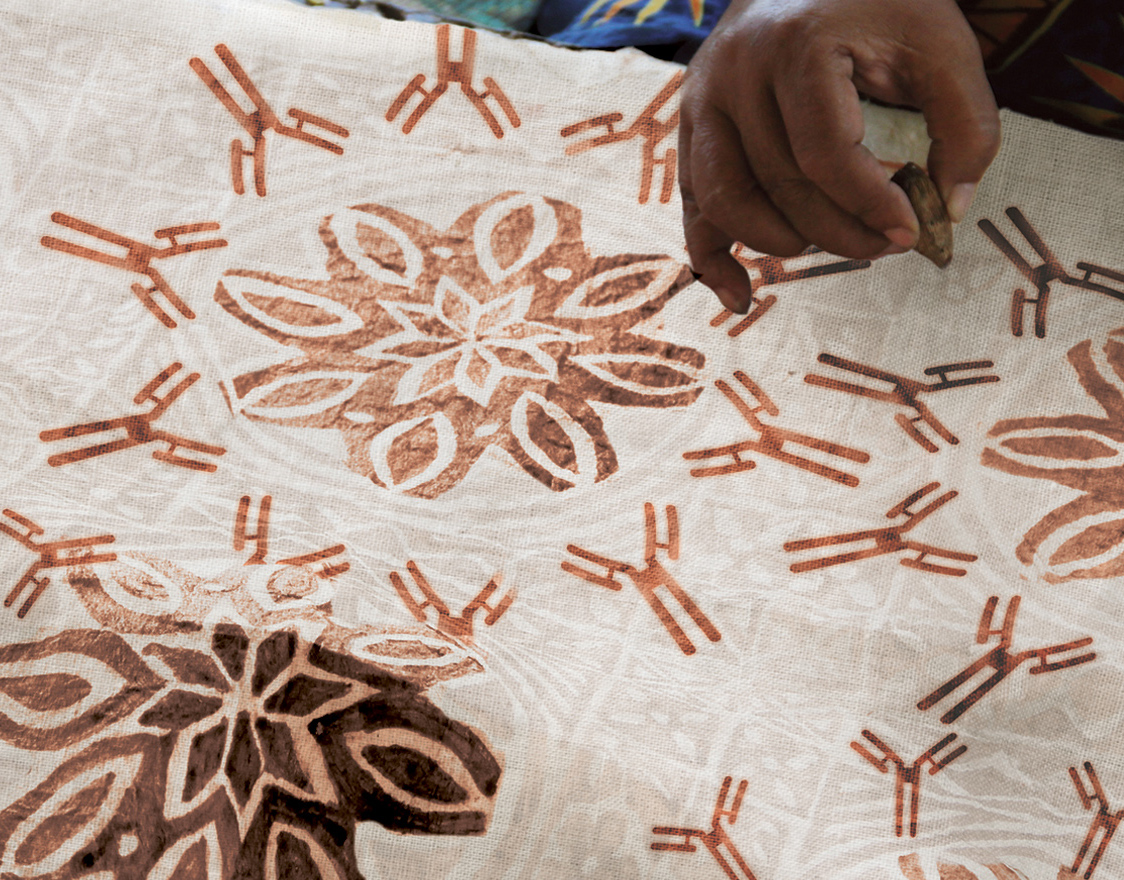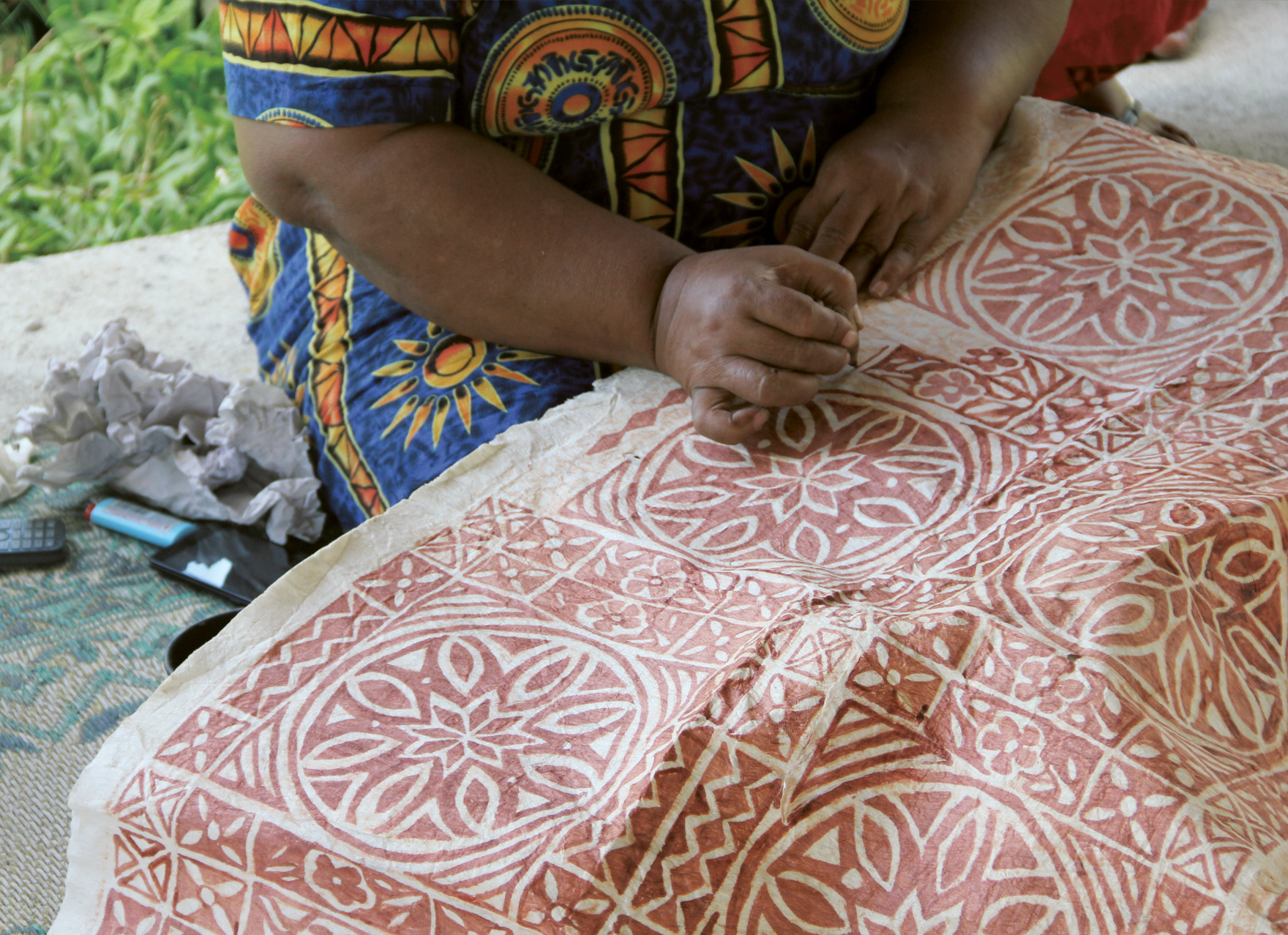Long seen as a relatively trivial childhood disease, the measles virus is finally being outed for the insidious killer it is
They said, “If you teazle a sneezle or wheezle, a measle may easily grow. But humour or pleazle the wheezle or sneezle, the measle will certainly go.”
Christopher Robin’s famous physicians may not have been at the forefront of their profession when it came to understanding measles, but they weren’t far behind the experts.
In 1927, the year A.A. Milne’s Sneezles was published, Dr George C. Ruhland gave an address to the American Public Health Association titled “What can we do about measles?”. He cited a survey showing up to 95% of American adults had had it, and lamented that no fix could be found until the causal agent was known.
Besides “exceptionally high” infectivity, it spread because of “the unfortunate popular belief that measles is, after all, only a negligible disease of childhood with a corresponding indifference and lack of co-operation on the part of the public”.
Measles causes a runny nose, sore throat, inflamed eyes, fever and rash and usually resolves itself within a fortnight. Unpleasant, but “negligible” enough, unless the patient acquires pneumonia or, more rarely, encephalitis.
But already by this time it was suspected that survivors, while immune to measles, were more susceptible to other diseases, both immediately after infection and further down the track. Paediatrician and immunologist Clemens von Pirquet had noticed by 1908 that after measles, children no longer tested positive for prior tuberculosis infection, and that chronic nephritis and other immune-related phenomena he called “allergies” also disappeared.
Yet the effects of measles on immunity would be largely confined to curious case reports and obscure findings for more than 100 years.
A PERFECT SHOT
In 1954 the agent, a morbillivirus, was isolated. The vaccine that came within a decade of that discovery had soon reduced measles incidence by an order of magnitude.
It was also observed to have a profound and unexpected impact on mortality from all infectious diseases, preventing about five times as many deaths as measles itself would have caused.
It turns out that behind the wheezles and sneezles and rash, the measles virus quietly destroys the patient’s acquired protection against other, more deadly, infections.
Measles actually has two distinct effects on the immune system. It suppresses it for about a month after infection; but it also, by colonising and destroying certain antibody-producing cells, leaves the patient open to attack by pathogens they once carried a defence against. The worse the illness, the greater the immune depletion.
The researcher who has done the most work to formalise the idea of “immune amnesia” and to characterise its mechanism is Michael Mina, assistant professor of epidemiology and immunology at Harvard, and associate medical director in clinical microbiology (molecular diagnostics) in the pathology department at Brigham and Women’s Hospital.
“In a way, the ability of measles to deplete or to diminish immunological memory has been sitting in front of our noses for at least 100 years,” he tells The Medical Republic.
“Why exactly it went so long without really being discovered and linked to excess mortality, I am still not quite sure.”
Professor Mina’s titles hint at the polymathic breadth of his research. Having begun as an engineer, he studied medicine and completed his PhD in ecology and evolutionary biology, specifically on infectious diseases and vaccines. He was working on influenza and bacterial co-infections when he became interested in the effects of vaccines across pathogens, and went to work with a world expert on measles dynamics, population biologist Professor Bryan Grenfell at Princeton.
The data on mortality reduction after measles vaccination – reportedly up to 90% in the poorest countries – made him curious about the apparent off-target effects of the vaccine.
“I thought I would focus on whether or not there was any immunological reasons behind the role of vaccines to prevent infections from untargeted pathogens,” he says.
“But that quickly led me down this whole other path of saying, maybe it’s not the vaccine itself that’s improving survival. Maybe it’s actually uncovering a more detrimental effect of the virus that had remained unknown for a long time.”
In two papers attacking the question from opposite directions, he and colleagues have showed that a “shadow” of excess mortality follows every measles epidemic, and that measles infection can deplete between 10 and 70% of a survivor’s antibodies, with the effects lasting for years.
In a 2015 paper, Professor Mina and his team took datasets on measles and mortality from England, Wales, the US and Denmark, spanning the pre- and post-vaccine eras. Using complex analytical procedures they found each measles epidemic correlated with a period of greater infectious disease mortality two to three years later. For comparison, there was no such link with pertussis.
Measles, they concluded, may once have been implicated in up to half of all childhood infectious disease deaths.
The fact that pre- and post-vaccine data both showed the same mortality patterns goes a long way to dispel a different hypothesis by Danish anthropologist Peter Aaby, who, with colleague Christine Benn, has long promoted the idea of “non-specific effects of vaccines”. That is, that the MMR vaccine itself promotes immune memory for different pathogens.
This never sat well with Professor Mina. Their research was observational, and there are very limited known immunological mechanisms whereby an antigen in a single measles vaccine can stimulate multiple years of protection against other pathogens.
“I had a really hard time understanding immunologically how a single childhood vaccine would necessarily create these very long-term benefits and reduce mortality by 50% in kids,” he says.
“The correct study hasn’t been done to remove bias from those observations, and when you’re talking about these big studies, a little bit of bias goes a long way … [They have mostly used] observational population data that can obscure the actual effect, and there’s no real scientific backing from a molecular or biological point of view.”
Professor Mina, however, does not rule out Aaby’s hypothesis and says the two ideas are much more complementary than mutually exclusive: “Our findings of immune amnesia and their observations of non-specific vaccine effects can exist entirely hand-in-hand and, if so, only serve to further support the already unequivocal benefits of measles vaccines.”
But he does suggest that much more research into the immunological and biological mechanisms needs to take place before the non-specific effects of vaccines can be taken at face value.
“They’re making assumptions about the immune system that would, if proven, win them Nobel prizes.”
ANTI-VAX, PRO-SCIENCE
Unwillingness to vaccinate children, which like the measles virus is highly transmissible within a community, is a phenomenon with very few upsides.
While the long-disgraced former doctor Andrew Wakefield keeps pushing his autism narrative, pockets of vaccine resistance have arisen all over the world in disparate cultural groups, from A-listers and influencers to educated bohemians to religious communities such as the Orthodox Jews of New York City.
But one religious group is a bit different, and provided a unique opportunity to study the immunomodulatory effects of measles close-up.
In a second paper on measles published late last year, Professor Mina and another team, including his previous collaborator Dr Rik de Swart from the University of Rotterdam, worked with a Dutch Orthodox Protestant community that does not vaccinate.
They took blood samples from children before and after measles infection during an outbreak so they could compare the children’s immune arsenal before and after. All parents were offered the chance to vaccinate before being enrolled.
“Unlike a lot of populations that don’t choose to get vaccinated, this Dutch population is very interested in science and very willing to participate in scientific endeavours,” Professor Mina says. “They have deeply rooted religious beliefs that it’s God’s will if a child is going to get an infection … but treating the child is fine and participating in science is fine. It’s this really unique mindset that makes them a really great community to have partnered with.”
To compare antibodies before and after infection they used an assay called VirScan – “a phage-display immunoprecipitation and sequencing technology” – developed independently, and with serendipitous timing, by Harvard genetics professor Stephen Elledge.
“I was talking to a lot of reporters after the 2015 paper came out and one of the major questions was, well, this is all population-level data. How are you actually going to assess whether it’s really happening immunologically?” Professor Mina says.
“We already had the samples available from the Dutch community. But there was no good way to really do immune repertoire profiling besides B-cell sequencing. That doesn’t give you the type of information we needed to get at some of these questions.” (Work published last year on the same subject and using the same Dutch community, led by Colin Russell at the University of Amsterdam, used this technique.)
“Steve Elledge published the initial paper describing VirScan maybe two weeks afterwards, and it was the perfect assay to use to answer these questions. So it became crystal clear that I had to come up to Harvard to work with Steve and figure out how to adapt the technology to do what we needed it to do.
“I spent a couple of years working around the clock with Steve in his lab, just trying to get the technology to a place where we could actually start answering these questions about measles.”
The 2019 paper shows that measles patients had an average 20% reduction in the overall diversity of their antibodies, with 12 of the 77 children losing more than 40%, and only minimal loss in the controls.
To remove the effects of new antigen exposures between the samples, they restricted the analysis to only the specific antibodies that were detected pre-infection. They found children with severe measles lost a median of 40% of their antibodies and mild cases 33%. The 20% of children in both groups who were most affected lost over 50% of their antibodies.
The team was even able to detect that the virus targets and destroys a specific and very important part of the adaptive immunity production chain: long-lived plasma cells. These highly specialised little factories live in the bone marrow churning out a particular antibody for decades, and don’t replicate. Once one of these cells is destroyed you may lack that antibody until you’re re-exposed to the antigen.
That means Mina et al.’s estimates of antibody loss were probably underestimates, as antibody might still circulate for a little while even when that model has been discontinued.
“By preserving immunity,” they write, “measles vaccines may have reset overall baseline morbidity and mortality rates to lower levels.”
HERE WE GO AGAIN
Given we have those cheap, safe and effective vaccines, it is frustrating to witness what the WHO calls a “global resurgence” of the disease, with “devastating outbreaks in all regions”.
There were 140,000 measles deaths in 2018, the WHO said in December, and the outbreaks continued throughout last year: Madagascar had more than 140,000 confirmed cases; in Democratic Republic of Congo measles killed three times as many people as Ebola; Ukraine has become the “measles capital of Europe” with 115,000 cases since 2017. The US had declared measles eliminated in 2000, but after more than 1200 cases in 2019 it nearly had to surrender this status.
Australia had 286 confirmed cases, New Zealand more than 2000. Fiji, which lost fully a third of its population to measles in 1875, had 28 cases and no deaths.
But Samoa, with vaccination coverage around just 30%, learned a hard lesson. Its outbreak, which originated with a visitor from New Zealand, had infected 5700 of the 200,000-strong population by early January and had killed 83 people, mostly children. This prompted a national shutdown, a vaccination drive that has brought coverage up to 95%, and the arrest of at least one anti-vax advocate.
Samoa’s vaccine program was suspended in 2018 after two babies died, having been given jabs mistakenly mixed with muscle relaxant (two nurses are in jail). But coverage had been declining for years already, with distrust of the health system being promulgated on social media.
“They were warned,” says Dr Helen Petousis-Harris, an immunologist from the University of Auckland.
“The frustrations are two-fold. One is the fact that New Zealand had the problem in the first place, which was completely preventable and we did nothing about it. The other frustration is that Samoa was in an incredibly fragile position with such a large proportion of their community susceptible to the disease for multiple reasons.
“They had been warned multiple times and so when this happened, it was like watching a slow trainwreck. It’s such a preventable tragedy.”
Asked whether people should have their vaccinations redone after a measles infection, given the phenomenon of immune amnesia, she says it’s worth considering.
“It’s quite possible. Here in New Zealand, they’re up around 2000 confirmed cases this year, and that is something that might apply to that population. And then with this resurgence globally, it’s something that people should be thinking about a bit more.
“We were beating this thing back. It was gone from so many places. And here we are – we’re going to have to rethink some things.”
Associate Professor Ian Mackay, a virologist from the University of Queensland, says anti-vaxxers are a small minority and that most people who don’t vaccinate are merely uncertain.
“We have this very small number of loud, vocal idiots who are usually peddling some sort of profit-making item,” he says. “They’ve made the population worried and then they try to sell them something to make them less worried as a magic cure.
“We need governments and public health organisations to put out very clear, simple, well-pitched communications that say the vaccine is safe, your children will be protected from a much worse disease, they won’t have problems with their immune system forgetting everything they’ve had as an infection up to this point. You won’t have the chance of getting encephalitis, being hospitalised and even dying on rare occasion.”
He believes immune amnesia should be included in the public health message on vaccines.
“I don’t think it’s building a bridge too far. I think it’s been known for decades that people become more susceptible to other infections and have worse cases of bacterial infections [after measles]. The recent papers have shown in more detail that immune amnesia has quite a complex mechanism, but the effect is real.
“So it’s important that that message does get out to the wider public. We now know that there’s more to measles than [a mild infection] – it can ablate your immune memory.”
Professor Mina says he “wouldn’t be surprised” to see a slightly greater baseline mortality in places such as Samoa in the years following this epidemic, although the relatively small numbers might make it hard to detect.
“If we go back in 2022 and compare the number of deaths among those 6000 [patients] compared with the death rate over the previous two to three years, I wouldn’t be surprised if it’s actually slightly elevated,” he says. “That’s certainly what our research suggests.”
He also doesn’t believe it would over-complicate the vaccine message to spread the idea of immune amnesia.
“This isn’t actually that confusing of a topic,” he says. “The actual mechanism is [complex] but the meaning of it and what it represents is actually pretty simple.
“Most people understand that the way vaccines or infections and immunity work is that you develop some sort of protection after you’ve been exposed, and if that protection disappears, then you’re at a higher risk later on.
“So I do think it would be worthwhile. I don’t ever want to scare people, but I do also want to be truthful about what the real risks of getting infections are.
“To think that if your child gets measles, and even if they make it through that first acute phase, and then make it through the real immune-suppressive stage over the next month, then for the next two or three years is having to look over their shoulder all the time for what pathogen might infect them that they should have been immune to – I think in some ways the idea of immune amnesia is potentially more scary and might lead to a greater sense of urgency than measles itself.”




